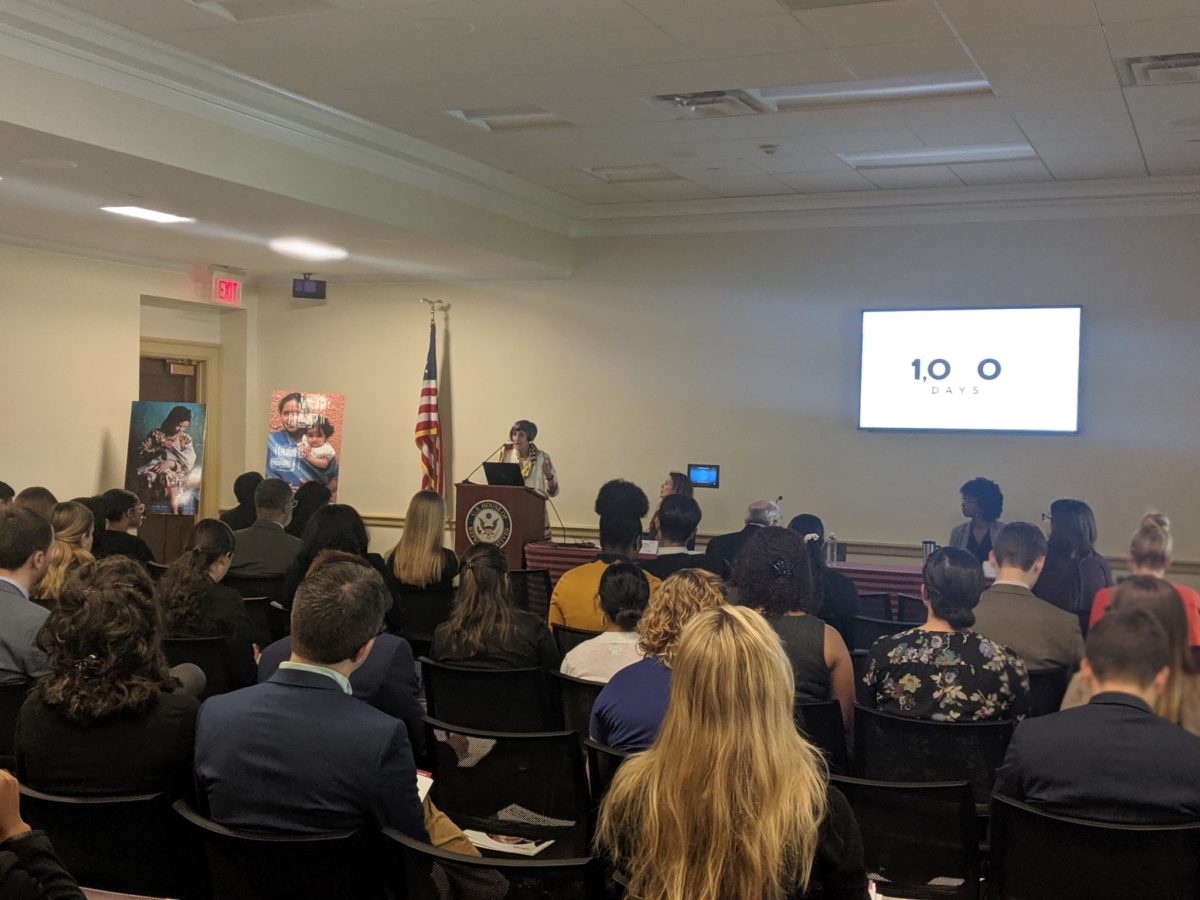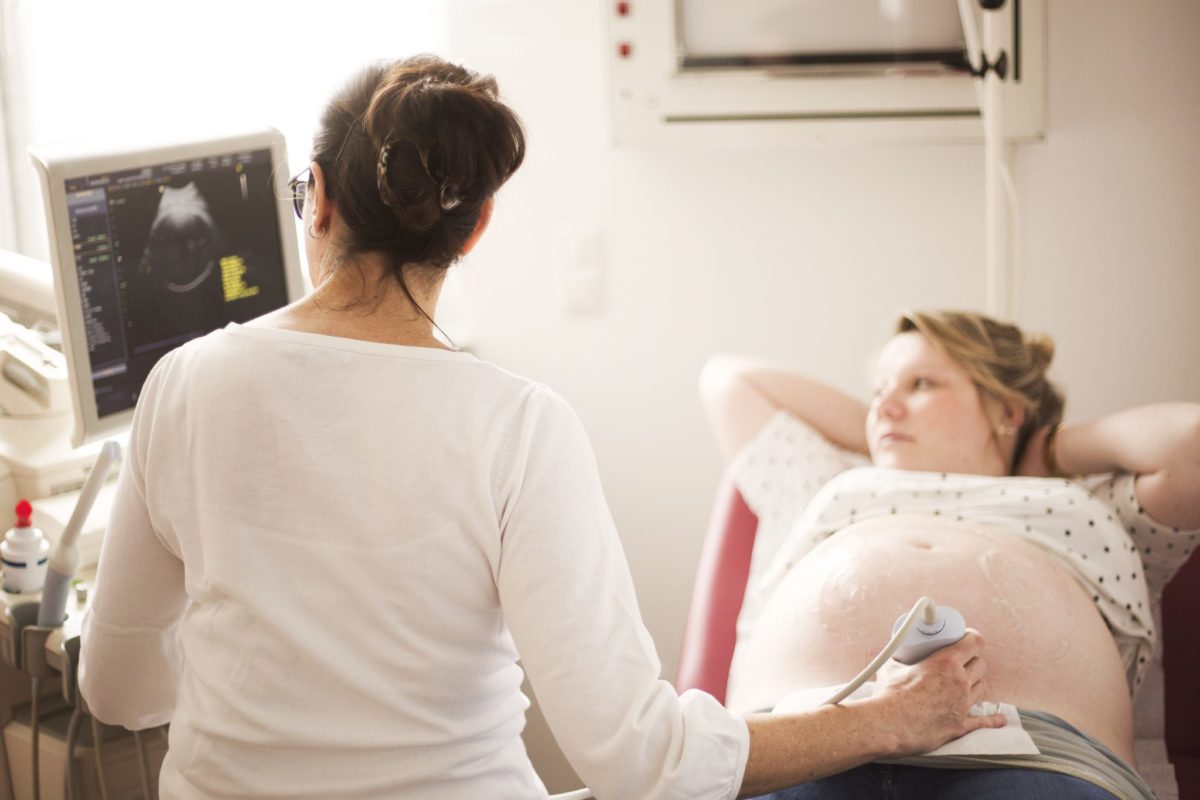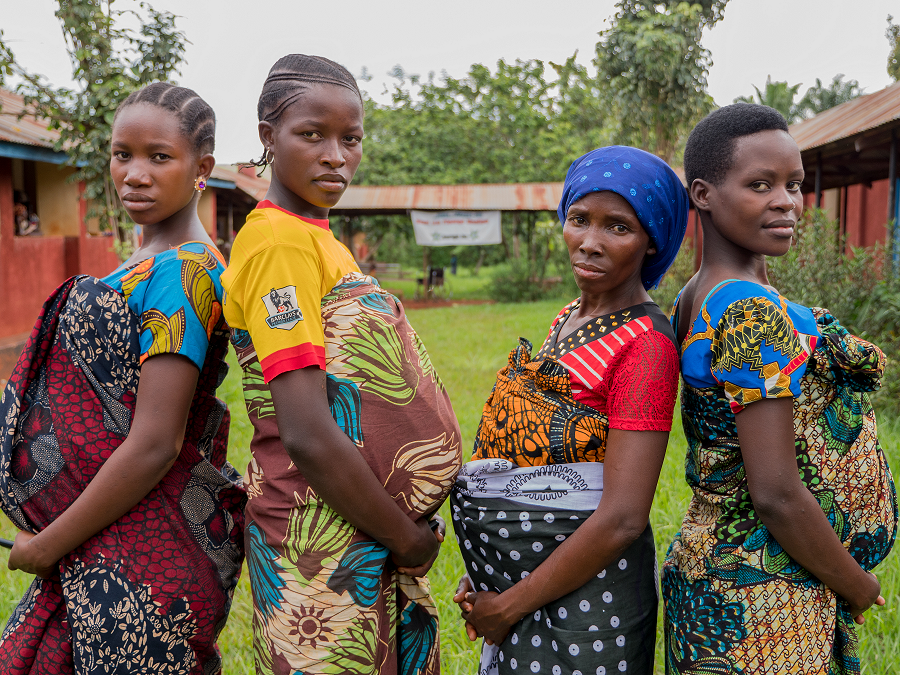The State of Moms and Babies
Earlier in May, 1,000 Days hosted a Congressional briefing on the importance of health and nutrition for mothers, babies and young children in the United States and around the world. We were fortunate to work with the Congressional Maternity Care Caucus and the Congressional Baby Caucus on the event.
To an audience that included staff from Congressional offices, partner organizations and the administration, Members of Congress and panelists spoke about the need to invest and prioritize the well-being of women and children especially during the critical 1,000-day window.
Highlights
- Congresswoman Rosa DeLauro (D-CT) kicked the event off discussing her role as Chairwoman of the Labor, Health and Human Services and Education Appropriations subcommittee, which provides funding for many programs that support moms and young children. As a leader in Congress on issues critical to women, young children and working families, DeLauro spoke to the need to strengthen programs like WIC and invest in maternal and child health services.
- Congresswoman Lucille Roybal-Allard (D-CA) told the audience that improving the health outcomes of moms and babies must be a priority in our communities and the halls of Congress. She relayed her efforts to address health inequities in the U.S., including introducing the Newborn Screening Reauthorization Act. Her bill will help expand comprehensive newborn screening programs to identify health conditions early.
- Lucy Sullivan, Executive Director of 1,000 Days, moderated the event and provided the audience with an overview of why the first 1,000 days is such a critical time period with a particular focus on how addressing issues like maternal mortality, food insecurity and child stunting begins with strong investments and prioritizing policies that support the health of mothers and young children.
- Dr. Nicholas Alipui provided the overarching context to why this time period is so foundational to both a child’s development, but also to the ability for communities to thrive. His presentation highlighted for the audience how nutrition impacts a child’s early development and how integrated programs focused on the first thousand days can improve the health of children and communities.

- Dr. Jessica Nash of Children’s National was the final speaker. She relayed her experience as a pediatrician in Washington D.C. and the barriers her patients and their families face. Highlighting issues from toxic stress, infant mortality and health inequities, Dr. Nash left the audience with an awareness of how these issues impact communities across the U.S., including right here in Washington DC stating “If we are using infant mortality as an indicator of population health, we have some work to do.”
We were honored to host a group of strong advocates who work to support the health of moms and babies and we will continue to engage with policymakers urging them to prioritize brighter futures starting with the first thousand days.




